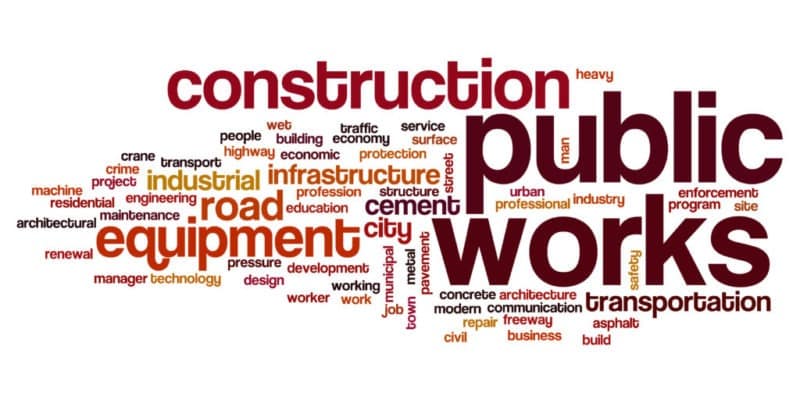Publication Date 3-8-2018
Fred B. Kotler, Cornell University ILR School
Abstract
New York’s prevailing wage standards require that contractors on state funded construction projects pay their workers no less than wage and benefit levels “prevailing” within the local construction market.
Much has changed since the prevailing wage was enacted by statute in 1897 and written into New York’s Constitution in 1938. “Public works” projects then typically meant construction of public facilities, funded by public money, for public use. Today public resources are leveraged creatively to attract private capital for economic development.
The commingling of the various forms of public support with private funding has blurred the definition or boundaries of “public work.”
Sixteen other states have statutes that more broadly apply the standards to include loans, tax incentives, and other forms of public support to private projects. New York is among ten other states that enable private developers to accept public money without paying prevailing wages and benefits.
This report examines the taxpayer interest in redefining “public work” to include both traditionally funded public works projects and private, economic development projects funded at least in part by public assets.

